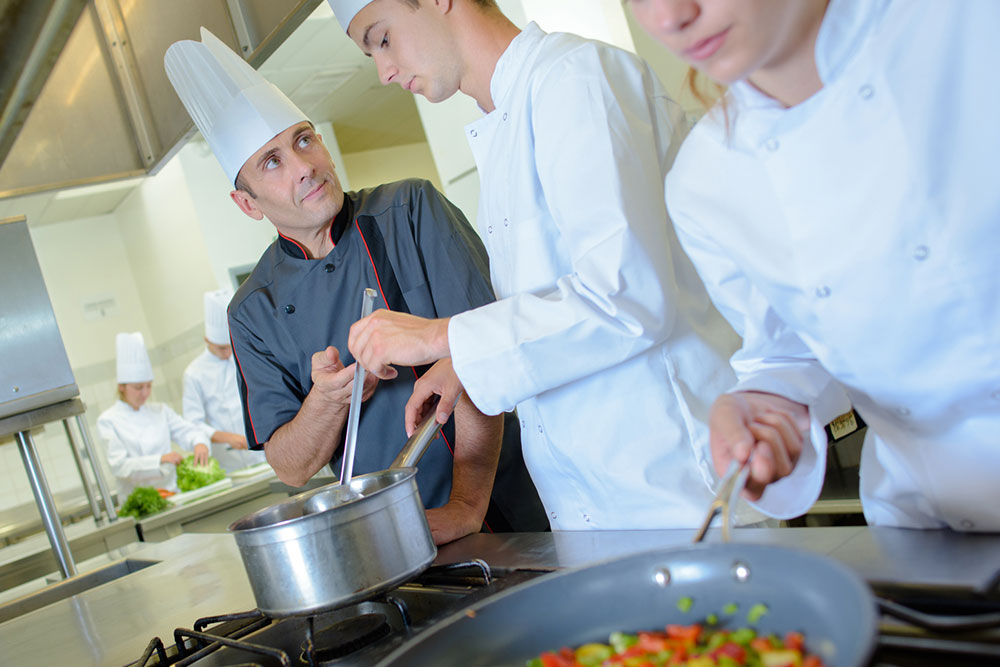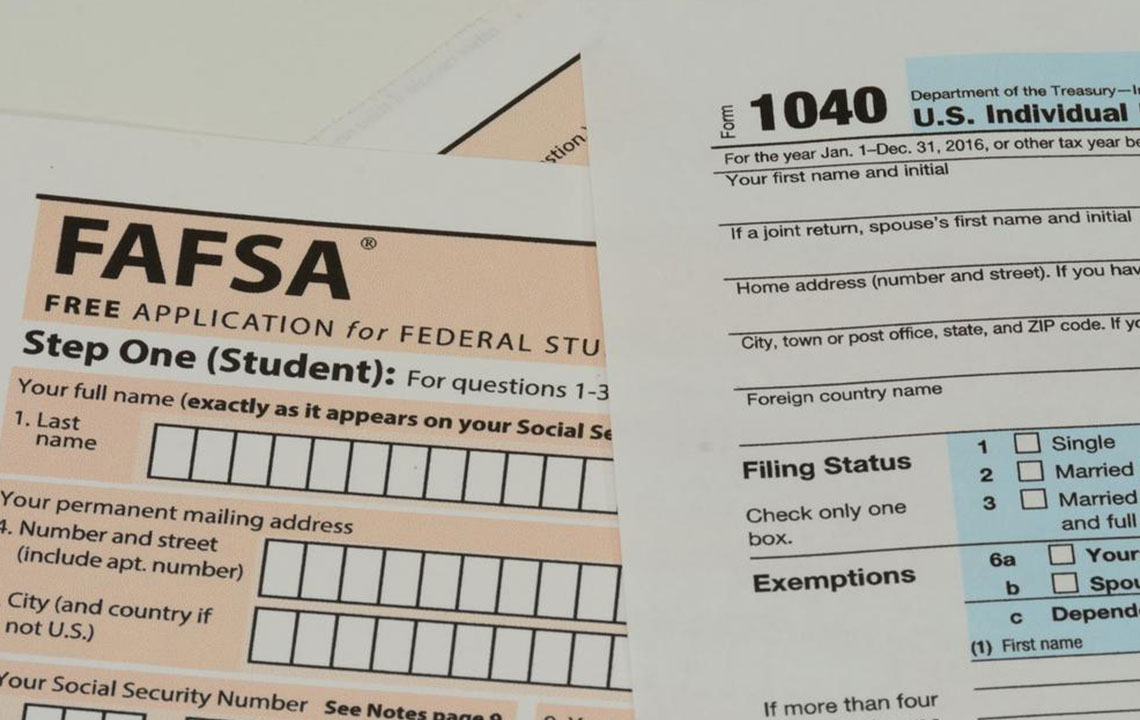A Comprehensive Guide to Choosing the Right Online Culinary School
Choosing the right online culinary school requires careful consideration of accreditation, course focus, school reputation, admission processes, reviews, and financial options. This comprehensive guide provides essential tips and insights to help aspiring chefs and food enthusiasts select quality programs that align with their career goals, ensuring a rewarding culinary education experience from reputable institutions.

Essential Considerations Before Enrolling in Online Culinary Programs
Embarking on an online culinary education journey offers exciting opportunities to develop cooking skills, launch new careers, or indulge in a beloved hobby. With a multitude of courses available—from extensive professional programs to niche workshops focusing on specialized cuisine—it's essential to carefully evaluate your options. While enrolling might seem straightforward, selecting the right course requires a strategic approach to ensure you receive quality education aligned with your aspirations.
1. The Significance of Accreditation Accreditation serves as a benchmark of quality and credibility. When considering online culinary programs, choosing an institution recognized by reputable accrediting bodies is crucial. The American Culinary Federation (ACF) stands out as a premier authority that rigorously assesses culinary schools, including their online offerings, ensuring they meet high educational standards.
Institutions seeking accreditation from the ACF undergo comprehensive evaluations that examine curriculum robustness, instructor credentials, kitchen labs (even in virtual formats), and student-to-teacher ratios. Enrolling in an ACF-accredited program not only guarantees quality education but also enhances the recognition of your culinary diploma in the industry, opening doors to employment opportunities and professional acknowledgment.
2. Clarifying Course Focus and Specializations Before selecting a course, clarify your culinary interests and career objectives. Do you aim to become a professional chef, or are you seeking to master specific cuisines or skills? Many online platforms offer courses tailored to different pathways—whether it's general culinary arts, pastry baking, international cuisines, or hospitality management.
Flexible scheduling options, including on-demand lessons and part-time studies, cater to busy individuals balancing work and personal commitments. Typical curricula encompass foundational topics like food safety, sanitation, knife skills, and cooking fundamentals, alongside advanced techniques in areas such as molecular gastronomy or vegan cuisine. Popular specializations include plant-based cuisine, baking and pastry arts, hospitality management, and nutritional cooking, allowing students to customize their learning experience to meet their aspirations.
3. The Importance of School Reputation and Longevity The reputation and history of a culinary school influence the quality of education and networking opportunities. Established institutions with long-standing histories often maintain high standards, have extensive alumni networks, and possess better recognition in the industry. These connections can be invaluable when seeking internships, apprenticeships, or employment after graduation.
4. Application Procedures and Admission Criteria Application requirements vary across programs. Some institutions might require a high school diploma or equivalent, while others may prefer applicants with prior kitchen experience or culinary certifications. Certain schools may conduct interviews, practical assessments, or charge application fees. It’s advisable to review all admission criteria carefully to prepare your application effectively and ensure eligibility.
5. Analyzing Student Reviews and Feedback Gaining insights from current or former students helps assess the course’s quality, teaching methods, and overall satisfaction. Reviews can reveal whether the program’s curriculum is comprehensive, whether instructors are knowledgeable, and if the course delivery suits different learning styles. Such feedback aids in making an informed decision aligned with your expectations and career goals.
6. Tuition Costs and Financial Support Culinary education can involve significant investment, with some programs costing upwards of $40,000. To make the process more affordable, consider options like local community colleges that offer ACF-accredited courses at considerably lower costs, sometimes as low as $1,300. Additionally, explore external funding sources such as scholarships, grants, and federal financial aid through the FAFSA application process to reduce financial burdens.
Scholarships: Various organizations provide food service scholarships totaling over $1.2 million annually. Students are encouraged to participate in culinary competitions, which can qualify them for additional funding and recognition.
Financial Assistance Programs: Federal aid options, including grants like Pell Grants and student loans, are available for eligible students. Completing the FAFSA form is essential to determine your financial aid eligibility and access these resources.





